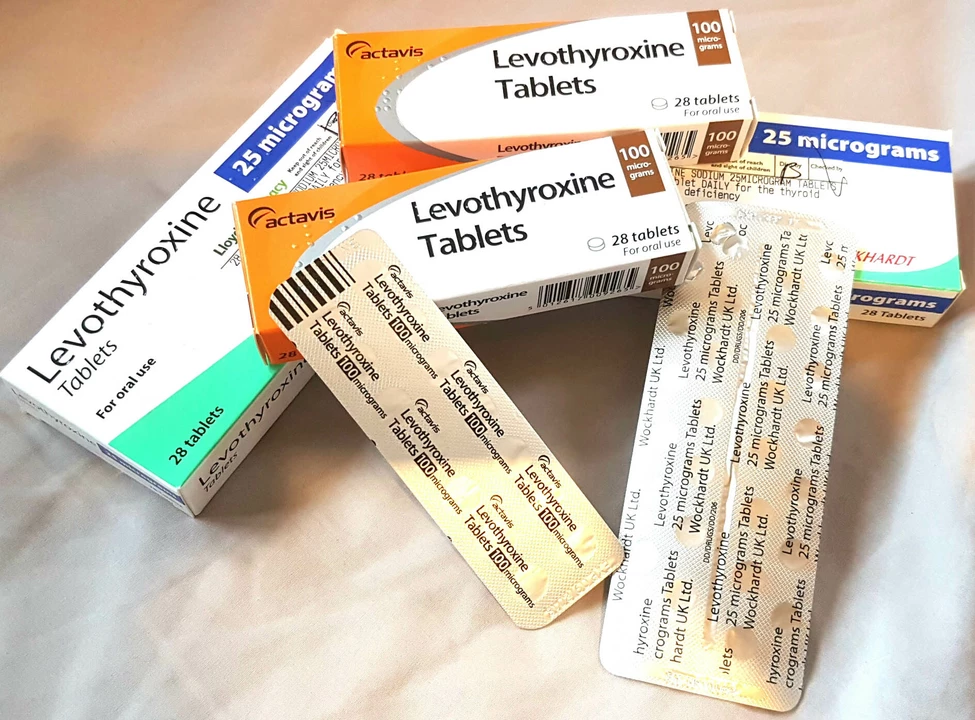Everything You Need to Know About Levothyroxine
If you've been diagnosed with hypothyroidism, levothyroxine is probably a name you've heard a lot. It's the most common medication used to replace the thyroid hormone your body lacks. This synthetic hormone helps keep your metabolism, energy, and overall health on track.
What makes levothyroxine effective is that it acts just like your natural thyroid hormone. It helps control how your body uses energy and reacts to other hormones. People taking levothyroxine usually notice their symptoms—like fatigue, weight gain, and cold sensitivity—start to ease within a few weeks.
How to Take Levothyroxine Safely
One key point about levothyroxine is how you take it. It’s best to take it on an empty stomach, usually in the morning, and wait at least 30 to 60 minutes before eating. This helps your body absorb the medication properly. If taken with certain foods or pills—like calcium or iron supplements—it can interfere with how well levothyroxine works.
Regular blood tests are essential to check if you're on the right dose. Your doctor will adjust it based on how your thyroid hormone levels respond and how you feel. Never change or stop your dose without talking to your healthcare provider.
Thinking About Alternatives to Levothyroxine?
Not everyone responds the same way to levothyroxine. Some people explore alternatives like natural desiccated thyroid or other synthetic hormones such as liothyronine. These options might be discussed if you still feel unwell despite proper levothyroxine use. But these alternatives aren’t for everyone and should always be considered under medical guidance.
In short, levothyroxine is a trusted medication that millions rely on for thyroid support. Understanding how it works and using it correctly can make a big difference in managing hypothyroidism effectively. If you have questions or notice any symptoms, chatting with your doctor is the way to go.

The Connection Between Levothyroxine and Headaches: What You Should Know
As a blogger, I recently researched the connection between Levothyroxine and headaches. It turns out that some people taking this medication for hypothyroidism may experience headaches as a side effect. It is important to monitor and report any persistent headaches to your doctor, as they may need to adjust your dosage. Additionally, it could also be a sign of other underlying health issues. Overall, it's crucial to keep an open line of communication with your healthcare provider to ensure the best treatment plan for you.